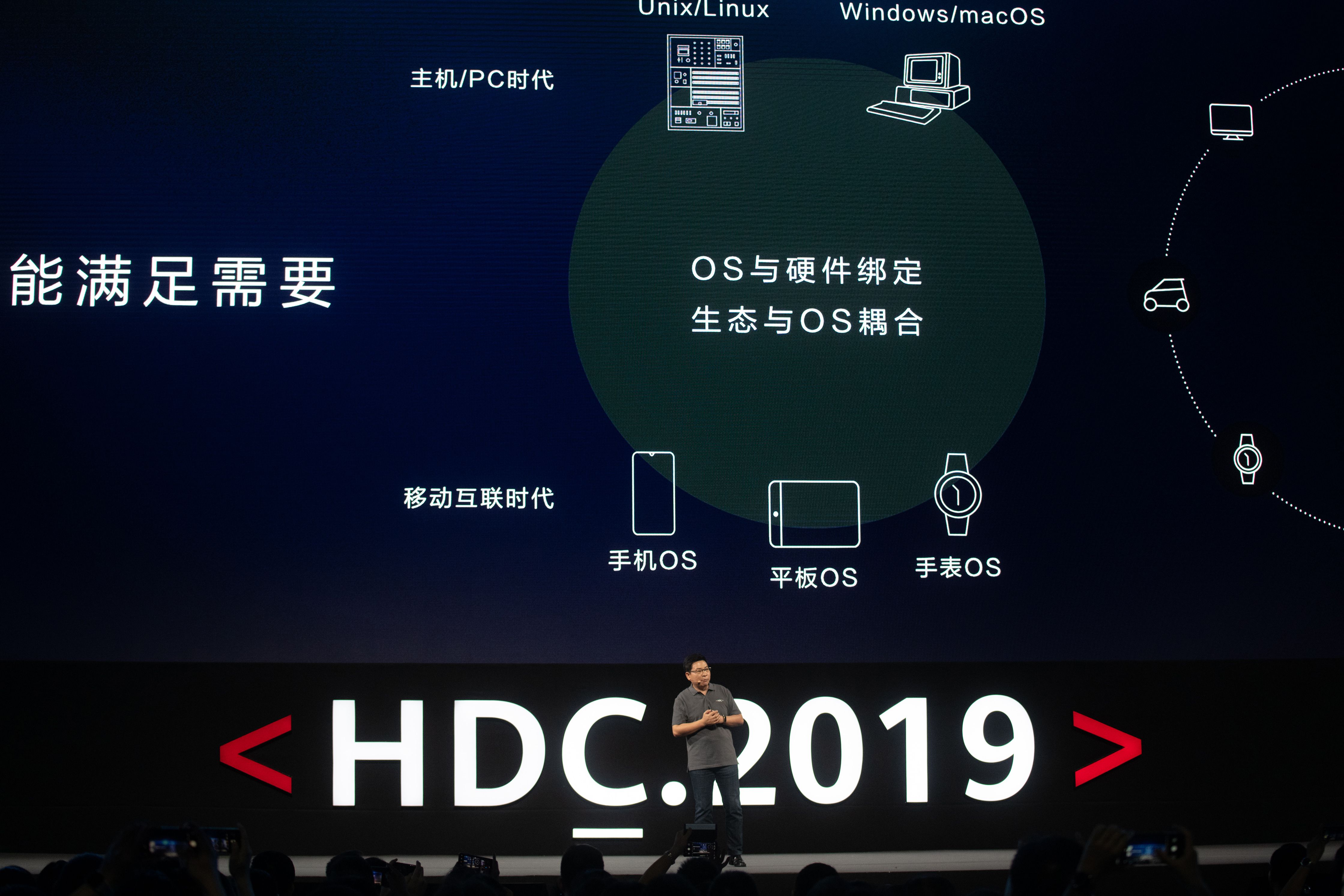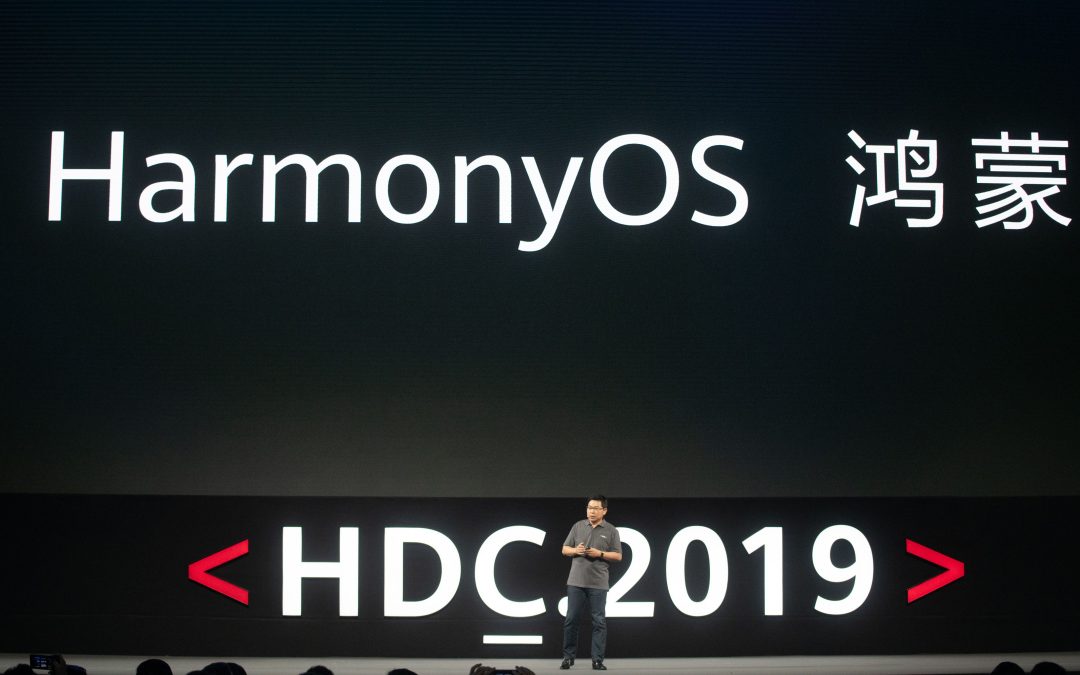After months of clashing declarations from Huawei executives , the Chinese networking giant on Friday formally revealed HarmonyOS, the much-anticipated microkernel-based dispersed os that it has actually established to power mobile phones, laptop computers and wise house gadgets as the business tries to decrease its dependence on American companies.
HarmonyOS will be provided later on this year for release in wise screen items such as TELEVISION, clever watches and in-vehicle infotainment systems, stated Richard Yu, CEO of the Huawei customer department at the business’s designer conference. In the next 3 years, Huawei, the world’s 2nd biggest mobile phone supplier, will seek to bring HarmonyOS to more gadgets, consisting of smart devices, he stated.
Yu stated, without using any evidence, that HarmonyOS is “more protected and effective than Android.” He stated HarmonyOS’ IPC efficiency is 5 times that of Google’s Fuchsia . The magnate likewise declared that HarmonyOS’ microkernel has “one-thousandth the quantity of code in the Linux kernel.”
“A modularized HarmonyOS can be embedded to adjust flexibly to any gadget to produce a smooth cross-device experience. Established by means of the dispersed ability package, it constructs the structure of a shared designer environment,” the business stated in a declaration, including that it started to check out establishing its own os “as early as 10 years back.”
The business stated it means to continue to utilize Android moving on, however HarmonyOS is formally its back-up strategy if things go south. “We will focus on Android for smart devices, however if we can’t utilize Android, we will have the ability to set up HarmonyOS rapidly,” Yu stated.

Image: FRED DUFOUR/ AFP/ Getty Images
The schedule of the mobile os, which is open source, will be restricted to China in the meantime, though the business has strategies to bring it to global markets at a later phase, he stated.
The business stated it has actually dealt with security and dependability elements of the os from the ground up. It stated HarmonyOS utilizes official confirmation approaches to “improve security.” Official confirmation approaches are a reliable mathematical technique to verify system accuracy from the source, while conventional confirmation approaches, such as practical confirmation and attack simulation, “are restricted to restricted circumstances,” the business declared.
The statement today comes months after the U.S. federal government put Huawei and more than 60 affiliates in an entity list , limiting U.S. companies from keeping a service relationship with the Chinese giant. The U.S. federal government has actually implicated Huawei of taking trade tricks, and stated it presents a threat to nationwide security. Huawei has rejected these allegations and pursued legal methods to combat back .
In the after-effects, Google, Intel and other U.S.-based business that contribute much of the innovation and options that enter into a smart device suspended their service with Huawei, thus significantly questioning the business’s future potential customers.
The continuous trade war in between the U.S. and China has currently begun to effect Huawei’s bottom line . The business’s efficiency in the quarter that ended in June was weak, compared to a number of previous quarters.
What stays uncertain is the type of effect the U.S.’ allegations have actually had on the Chinese giant’s brand name image worldwide. According to research study company Counterpoint, about half of all Huawei mobile phones ship outside China.
Huawei was poised to end up being the world’s most significant supplier by delivery something it would have accomplished “if not for the trade war,” Yu stated.
Read more: https://techcrunch.com/2019/08/09/harmonyos-huawei-release/


Recent Comments